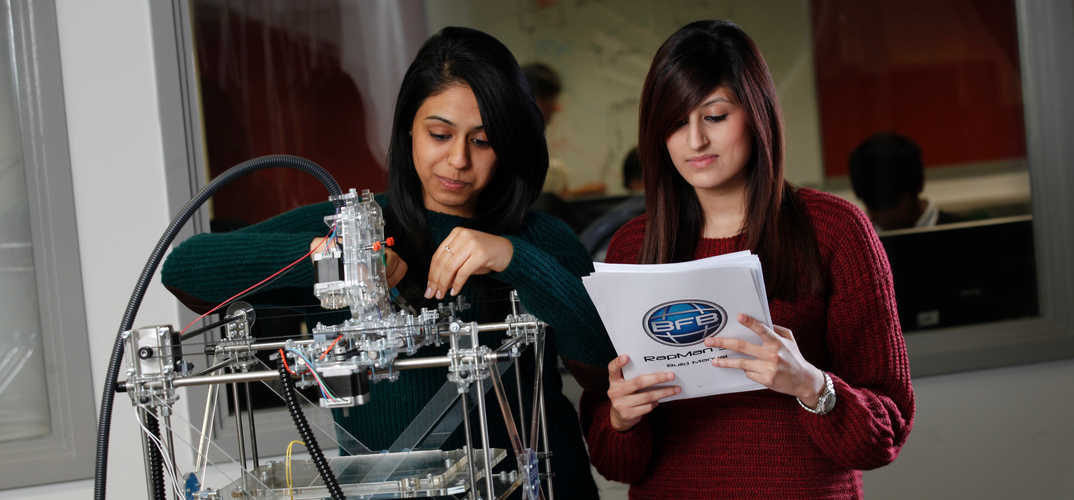General Engineering and Computer Science
If your degree is in a numerate discipline (for example Science, Engineering, Economics) but not in Computer Science or Engineering, you may be eligible to progress onto one of transition courses. This provides an intensive coverage of the key fundamentals of the field allowing you develop your current skill set into one suitable for a career in Engineering or Computer Science. These courses are offered in both Near and Far STEM (Science, Technology, Engineering and Mathematics).
General Transition Masters in Engineering
The General Transition Masters in Engineering has entry routes for Near STEM (Mathematics, Physics, Astrophysics, or similar undergraduate programmes which require advanced mathematics) and far STEM routes (Chemistry, Biotechnology, Biochemistry, Food Science or similar undergraduate programmes where statistical analysis is a prominent element).
| Subdivision | Entry | Entry |
|---|---|---|
| MSc Engineering (Aerospace) | Far STEM | Near STEM |
| MSc Engineering (Automotive) | Far STEM | Near STEM |
| MSc Engineering (Manufacturing) | Far STEM | Near STEM |
| MSc Engineering (Mechanical) | Far STEM | Near STEM |
MSc Computer Science
The MSc Computer Science is designed for graduates of numerate subjects other than computer science (for example Science, Engineering, Economics). It is mostly taught separately from the other courses and intensively covers a broad range of the key principles and techniques of computer science. There is an emphasis on software development, in particular when applied to solving problems in other disciplines. Depending on the modules chosen, it can lead to a career in areas such as systems development, IT management, or the deployment of advanced applications in specific disciplines.

